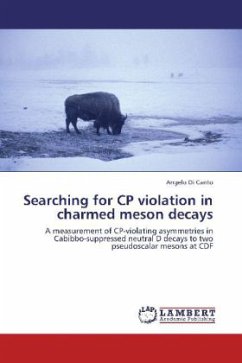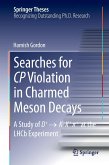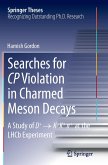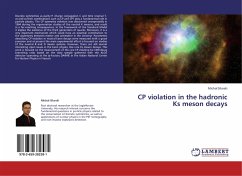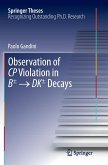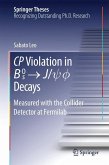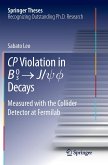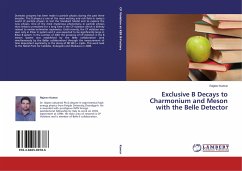The phenomenology of the violation of the CP symmetry by the fundamental interactions is a fascinating subject which, even after decades of dedicated theoretical and experimental research, is far to be fully understood. While investigations of the K and B systems have and will continue to play a central role in this field of research, in depth examinations of the D mesons sector have yet to be performed with enough precision, leaving a gap in our knowledge. This book describes a search for CP violation in Cabibbo-suppressed neutral D decays to two charged pions or kaons performed using the proton-antiproton collisions recorded at the Fermilab's TeVatron collider by the CDF experiment during February 2002 and January 2010. The result is the current most accurate determination of CP-violating asymmetries in these decays and represents a pioneering measurement of high precision CP violation in the charm sector at hadron colliders that has been of inspiration for the similar studies which are now ongoing at the CERN's Large Hadron Collider.
Bitte wählen Sie Ihr Anliegen aus.
Rechnungen
Retourenschein anfordern
Bestellstatus
Storno

